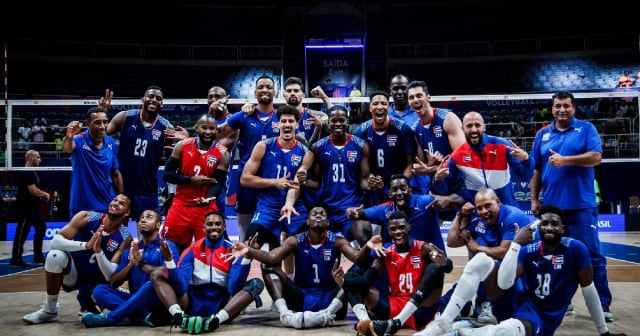The new Migration and Immigration laws projects, recently presented by the National Assembly of People's Power (ANPP), to "promote citizen participation and contribute to the legal culture" of Cubans, were explained by immigration officials through a program on Cuban television.
The officials detailed a series of aspects that raise doubts among the population, such as concepts introduced within the legislation, among which is the effective migratory residence, a notion that is considered innovative within this project.
Colonel Roberto Aguilera Puig, Head of the Border Unit at the Directorate of Identification, Immigration, and Foreigners, explained in broad terms that this refers to individuals who have a sustained link with the country, either through extended stays or possessing assets in the nation.
However, one of the topics that has generated the most interest among the population is the 24-month limit on stays for Cubans abroad.
"That is a term that has been used, but in practice, it has become obsolete," classified Lieutenant Colonel Roilán Hernández Concepción, head of the Legal Advisory Department of the Ministry of the Interior.
According to the official, some Cubans travel once or twice a year, while others do so only once every two years, and he mentioned that "the time has come to determine where Cubans reside."
Therefore, based on the new regulation proposed for effective residence, the 24 months will no longer be in force, they are repealed by this new law, and from this moment on, the period of effective residence will then prevail, already turned into legal norm," the official announced.
In connection with this, the lieutenant colonel clarified that although there is no time limit for Cuban residents abroad to spend time in Cuba, proposing a development over time from 90 days, 180 days, and now with indefinite stays on the island, other laws will be responsible for regulating property rights.
Since last Monday, when the ANPP published its draft laws on its website, one of the points that caught the most attention were those addressed by these officials from the MININT.
According to the description of the Migration Law project, the regime ensures that the text has been drafted with a systemic development concept in order to achieve a regular, orderly, and safe flow.
According to the project, the government's intention is "to offer migratory solutions that contribute to the integration of Cubans into the new economic model."
The Immigration Law project aims to regulate the assistance, protection, identification, and legal documentation of foreigners visiting or residing in Cuba.
View program:
What do you think?
COMMENTFiled under:
